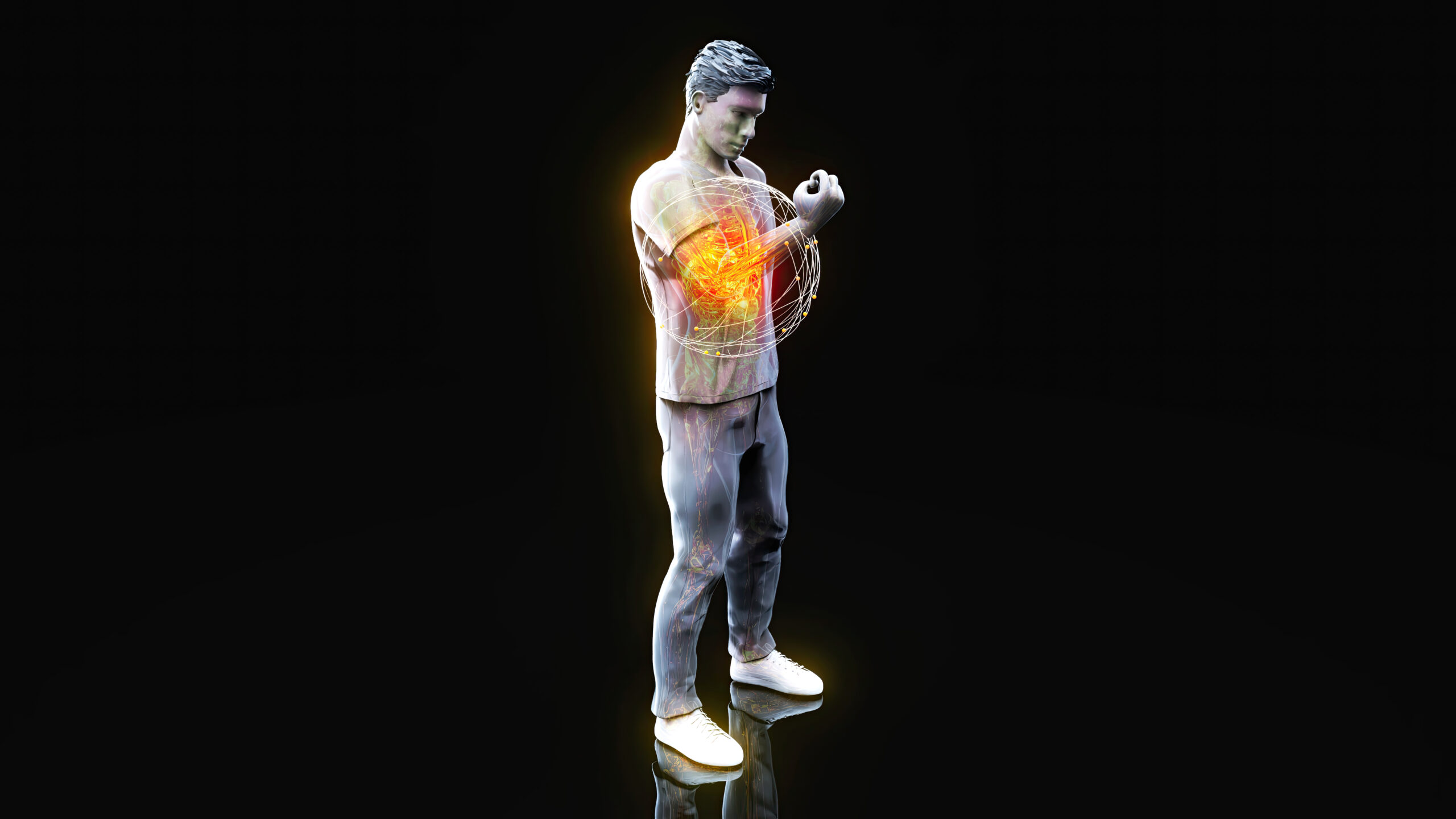Testosterone plays an integral role in men’s health, influencing aspects ranging from muscle strength and energy to mood and motivation. However, one of its critical yet often overlooked functions is its significant impact on blood health. This includes everything from red blood cell production to blood viscosity and blood pressure. For men in New York, understanding how testosterone affects these vital systems can be crucial, especially for those dealing with symptoms like fatigue or reduced endurance.
Testosterone and Red Blood Cell Production
Testosterone stimulates erythropoiesis, the production of red blood cells in the bone marrow. These cells are essential for transporting oxygen throughout the body, energizing muscles and organs. Men with low testosterone may experience fatigue and shortness of breath due to reduced red blood cell counts. Conversely, testosterone replacement therapy (TRT) can significantly enhance red blood cell production, boosting energy and vitality, though it’s important to monitor for excessive RBC production which could pose health risks.
Hematocrit and Testosterone: Striking the Right Balance
Hematocrit measures the proportion of blood composed of red blood cells. TRT often increases hematocrit levels, which can help in treating anemia but may lead to complications if levels become too high. High hematocrit increases blood viscosity, making it thicker and more challenging for the heart to pump, potentially elevating the risk for high blood pressure or blood clots. However, recent studies, such as those conducted by researchers at Mount Sinai, suggest that changes in hematocrit related to TRT might not be clinically significant, indicating that TRT could be safer than previously thought.
Hemoglobin and Testosterone: A Crucial Relationship
Hemoglobin, the protein in red blood cells responsible for carrying oxygen, is positively influenced by testosterone. This can enhance oxygen delivery and overall endurance. Low testosterone levels are often associated with decreased hemoglobin, which can lead to fatigue and diminished exercise capacity. Similar to hematocrit, high hemoglobin levels need careful management to avoid health complications during TRT.
Blood Viscosity and the Effects of Testosterone on Circulation
Blood viscosity, or the thickness and stickiness of blood, is crucial for determining how easily blood flows through vessels. While testosterone can improve oxygen transport and energy by increasing red blood cell production, it can also raise blood viscosity. This has raised concerns about the potential strain on cardiovascular health. Nonetheless, recent studies have shown that TRT does not significantly increase the risk of major adverse cardiovascular events, suggesting that the therapy might be safer for cardiovascular health than previously believed.
Testosterone and Blood Pressure Dynamics
The interplay between testosterone and blood pressure is complex. Low testosterone is associated with a higher risk of hypertension, potentially due to the hormone’s role in promoting healthy blood vessel function and reducing inflammation. However, responses to TRT can vary; some men might experience a rise in blood pressure due to increased blood viscosity among other factors. It’s crucial for men considering TRT, especially in New York where lifestyles can be demanding, to consult with healthcare professionals to tailor a safe approach.
Monitoring Blood Health During Testosterone Therapy
For those undergoing testosterone therapy, regular monitoring is essential. This typically involves:
- Measuring hematocrit levels to evaluate red blood cell volume.
- Checking hemoglobin levels to assess the blood’s oxygen-carrying capacity.
- Monitoring blood pressure to detect any cardiovascular changes.
Healthcare providers also watch for symptoms like headaches, dizziness, or difficulty breathing, which could indicate complications from increased blood viscosity or elevated hematocrit levels.
Broader Implications of Testosterone on Health
The role of testosterone in blood health underscores its overall importance in maintaining wellness. It supports not just the circulatory system but also enhances energy, endurance, and vitality. With a nuanced understanding and careful management of its effects, men can improve their quality of life and mitigate the risks of associated health issues.
For men in New York, grappling with questions about how testosterone impacts their health, or considering TRT, ongoing dialogue with healthcare providers is essential. Through regular testing and personalized medical advice, men can harness the benefits of testosterone safely, ensuring they maintain optimal health in the bustling environment of the Empire State.



